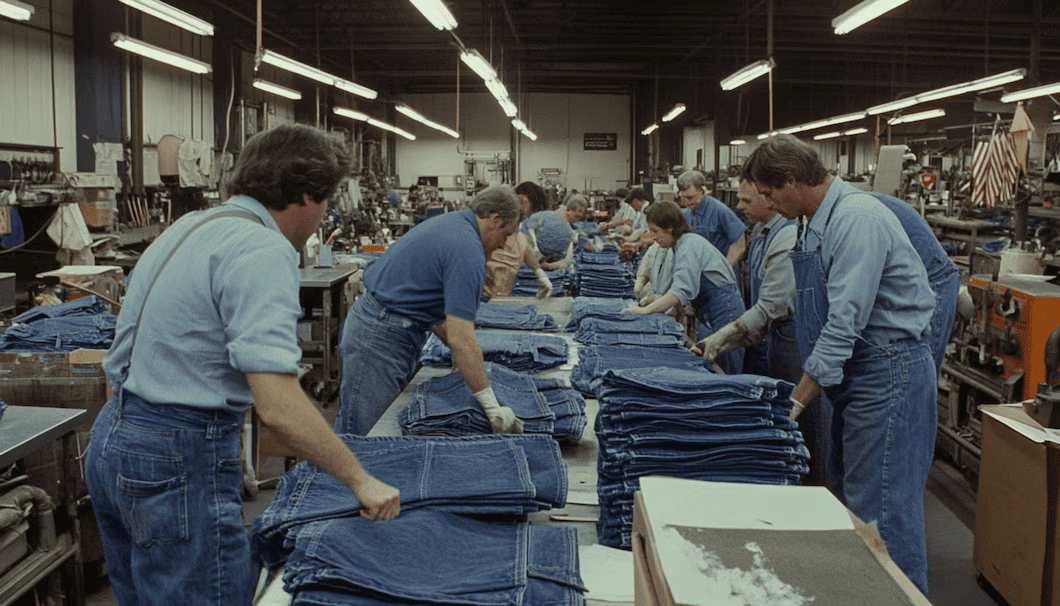1. Sustainable Denim Eco-friendly practices, such as waterless dyeing and biodegradable finishes, are gaining traction. Brands are increasingly opting for organic cotton and recycled materials to reduce environmental impact.
2. Tech-Enhanced Manufacturing Automation, 3D prototyping, and AI-driven pattern-making are revolutionizing denim production, improving precision and reducing waste.
3. Direct-to-Consumer (DTC) Growth The rise of e-commerce has fueled demand for private label jeans, as online retailers seek unique products to attract discerning shoppers.
4. Vintage and Retro Styles Classic fits and heritage-inspired designs remain popular, with consumers valuing timeless aesthetics over fast fashion.
Challenges in Private Label Manufacturing
Despite its benefits, private label production presents hurdles such as maintaining consistent quality across batches, managing lead times, and navigating global supply chain disruptions. Brands must establish strong partnerships with manufacturers to mitigate these risks.
The Future of Private Label Men’s Jeans
As consumer preferences evolve toward personalized, sustainable fashion, private label manufacturing is poised for exponential growth. By leveraging innovation and ethical practices, manufacturers and retailers can meet the demand for high-quality, bespoke denim while staying ahead of industry trends. The ability to adapt to changing markets will determine the long-term success of private label men’s jeans in the global apparel industry.

